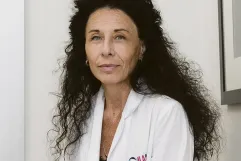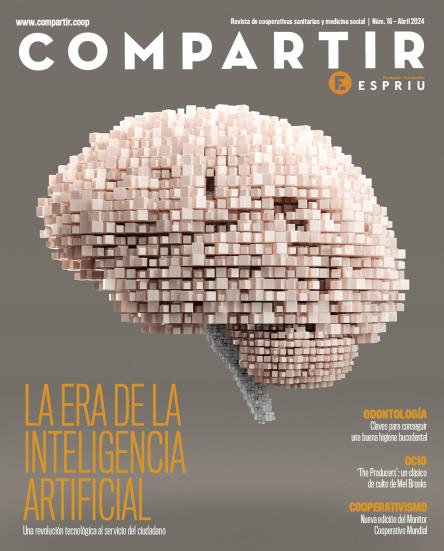
The importance of family life reconciliation
To become a practising doctor, it is necessary to first go through years of study and specialisation, which can involve a large number of personal sacrifices.
Dr. Susana Sánchez Molina, an urologist at the HLA Moncloa University Hospital in Madrid, points out that, "in the past, this seemed to be difficult to reconcile with motherhood. But, after a certain point, many young women decided not to accept this and made all the efforts and sacrifices necessary to achieve their professional goals. This has also been helped by a change in sensitivity among the new generations, who began to share the household tasks and family care.
Motherhood is a crucial issue, which continues to have an impact on the employment situation of women. A study published in March 2022 by the association Metges de Catalunya, in which 685 female doctors took part, confirms that 74% of those surveyed believe that having children has affected their career progression. The impact is evident both in terms of remuneration (especially due to reductions in working hours or on-call time, currently requested by 70% of women and only 30% of men) and in terms of access to management positions. In addition, 67% reported frequent difficulties in reconciling personal and professional life.
Dr. Martínez Fijo points out that professional training often causes women to delay having children. When women decide they are ready for it, "it is common for them to prioritise family life, which acts as a limiting factor for their professional career to continue advancing and to aspire to positions of greater responsibility. Many women have found themselves in the position of having to choose, while men, who can delay parenthood for biological reasons, do not have this pressure".
Obtaining the same credibility from patients as men has been another gradual achievement. Dr. Martínez Nadal explains that, in her case, she has not met people who prefer to be attended by a male colleague, although she is aware that this is something that still happens, especially in the older population, who may still have some prejudice. Dr. Sánchez Molina explains that she has occasionally seen people turn to the youngest male resident doctor in a conversation, instead of consulting the female doctor assigned to them. Martínez Fijo, for her part, points out that such behaviour is "increasingly a vestige of the past". However, the statistics reveal that in Catalonia, 65% of female doctors consider that they are still given less credibility or authority than their male colleagues. In addition, 73% admit to having experienced a situation of sexism in their dealings with patients.


